HBO’s new Westworld series is absolutely essential viewing for anyone with an interest in games. It’s a great mystery, a great thriller, and great science-fiction, but it’s also fundamentally an exploration of games. On one level it is obviously an exploration of immersive or pervasive games – games that expand past traditional boundaries to engage with the “real world”, or physical spaces, or blur the line between the game and the non-game – but the series is also rife with observations about why people play games, the power of games to affect one’s “real” life, the blurring of the lines between games and life, the roles of secrets and knowledge and expectations in games (which is naturally very appropriate to my game design interests), and the how game worlds can be made more believable (or can fail to achieve that). In this post I’d like to look at some of these elements, and argue that Westworld offers a number of interesting reflections on the present and future state of games. Several other writers have already noted Westworld/video game similarities and argued that Westworld represents a bad video game, and I recognise I will inevitably retread a little bit of common ground here (this, of course, is what happens when I tend not to consume media until it has been out for some time). Nevertheless, five points stood out strongly to me that I felt were worth a (or another) look, and whereas other critics have tended to focus on the “game mechanics” of Westworld (and how lifeless its NPCs and narratives are), I’m more interested in ideas of play present in Westworld, and what it says about how and why we consume games. This entry will contain minimal plot spoilers (except the fifth point, but there are warnings in place in those paragraphs), but there will be a few mentions of particular scenes, and in some cases descriptions of the characters in those scenes, because they are particularly relevant to drawing out the most interesting points for discussion. I’ve made sure to give away the smallest possible amount of information, however, because – as with many shows of this ilk – spoilers are pretty destructive to the overall story.
Secrets and Knowledge
To begin with, there is some interesting discussion about secrets and knowledge in game worlds in Westworld that seems to have been largely overlooked. Several characters as the series goes on discuss the idea that there might be many “secrets” in the game world to be found, and that the surface game world is only for a lesser, or newer, players. One character is compelled to find something which he believes to be a deeper game hidden within the main game, that the main game is designed to hide; one might identify a similar concept in Ernest Cline’s Ready Player One, where a game-wide mystery has been present for decades without anyone having ever solved the clues to identify it, and the puzzle itself has been designed with a particular set of values and concepts in mind. Another Westworld character hypothesises that when the game starts, they are placed in a relatively “safe” town in the middle of Westworld, but the further out from this core a player gets, the more exciting, and scary, and “dangerous”, the narratives become. In particular, they believe it is possible to take part in a civil-war-esque “hidden” narrative and to lead a military force, but they’ve never before been able to hit the right triggers to get themselves into that plot. A “better” player should therefore strike out from where they start and seek out these other stories and their secrets, whilst newer players remain in the centre.
I won’t spoil what relevance – if any – these conversations have and whether any/all of these “secrets” are actually out there, or whether it’s a big urban myth that nevertheless shapes the experiences of Westworld attendees, but the mere existence of such conversations is a smart little wink towards the early video game era of secrets and the passing-down of myths between players and competitors. Games like Fez have been famously designed with this concept in mind: the potential for rumours about game secrets to spread between players, and therefore the attendant possibility for fake stories. Anyone from a gaming generation that, I think, I was born at the end of, will recognise the ability for stories and secrets about games to spread between friends and cause people to seek out these obscure hidden meanings. In Westworld it is tremendously exciting to see this concept blown up to a large scale, where the secrets might be hidden anywhere across hundreds of square miles, dispersed cryptic clues, and questions about whether the secrets even exist in the first place. With a world so detailed and with such (broadly speaking) lifelike NPCs, and the impossibility of ever seeing anything more than a small percentage of what the park has to offer in a single visit, it’s not hard to imagine why these kinds of myths and rumours would spread. Westworld draws our attention back to a kind of gameplay and a kind of game-led social behaviour perhaps in decline as the internet immediately solves any and all game mysteries, by offering a world so complex and life-like that nobody can really know for sure that everything has been found.
Acting, Theatre and Games
Secondly, there’s some interesting reflections on the relationships between theatre and games, and the excitement of dealing directly with actors in a kind of interactive drama. Illustrative of this is an absolutely fantastic moment where one of the guests is being shown around the outside of the park by a woman he clearly finds (or is meant to find?) sexually attractive; but he is unable to tell whether she is a host or a human. They briefly discuss the fact that he is unable to tell, during which she expresses her amusement at that fact, and the whole scene develops a wonderful frisson between the two. If she is a host, it’s amusing; but if she is a human, the game she plays with him becomes all the more exciting, and – given what the viewer has already learned about the ability to play out one’s desires within the park – erotic. It’s the same kind of game-like eroticism found in a masquerade, or in sexual roleplay: the excitement of the uncertainty of whether the person you’re pursuing is truly who they seem, or is who you think they are, or whether they are acting or behaving in a certain way just for you, and the excitement of you both implicitly/tacitly agreeing to “play the game” for as long as it lasts.
It’s the same kind of thrill (in a non-erotic context) that one gets from immersive performance when talking to actors who are directly talking to you, but holding character when doing so; you find yourself (or at least, I find myself) suddenly desperately eager to learn about who these people are in real life. When your only encounter with them might be during a performance, and you are unlikely to ever see them again, I find myself all the more interested in the lives of these people who have only ever interacted with you whilst portraying a character. Westworld plays on this well, especially as several plot points develop later in the series, and there are a number of contexts where you can tell the human players are uncertain how they “can” or “should” act when the “actors” (the androids) remain in character, but the guests know that the park is only a park. Several mention the truth to the androids, who can never quite work out what they mean by the “outside world” and so forth, and remain entirely in character. Although naturally the androids express bemusement because they are programmed to, the effect is the same as immersive theatre – an actor who remains in character no matter what, even with a guest or viewer trying to break them out of it. It’s a really interesting reflection on playing games with “real people” (or in Westworld, those who act as real people) and the kind of experience players have talking to someone who won’t break character no matter what actually happens, and I hope we see more of these ambiguities in the second season.
Maintaining the Illusion
Thirdly, Westworld does some interesting things when it comes to maintaining the illusion of a seamless game world. Naturally video games have become better and better at this in recent years, with characters who behave in often more believable ways, with more complex and more varied actions reducing the sense that you’re watching a predictable machine, just as graphics technology inches towards photo-realism and the creation of deeper stories and worldbuilding make game worlds seem ever more real and grounded (see my recent piece on Bloodborne). However, in Westworld, in a game where the possibility space is so vast and the NPCs have a range of potential actions and decisions immeasurably wider than any NPC in a current video game, Westworld’s designers have had to find ways to ensure that the illusion is maintained, but also that players can never find themselves in situations that a) cannot be escaped or b) will cause them genuine harm, whilst still c) ensuring thrill and excitement and d) the feeling of danger. This is never a focus of the series, but from a game design perspective, it’s quite interesting to look at what Westworld does in this area, and how they handle the balance between these three conflicting desires.
For example, there are a few moments where the guests, in the real world, would be in danger. In some instances this is just a case of shooting a gun: the hosts cannot actually harm the guests, and thus a guest with a loaded gun can potentially just wade into a crowd of enemies and gun them down, without worrying about consequences. To counter this, in some cases the hosts try to disarm the guests rather than shooting them back, which leads to some of the trickier situations – one which stands out involved a guest bound with rope, and apparently about to be branded with a red-hot brand, as a result of being seen as a traitor or deserter. However, at the final moment another host intervenes to save the guest, who was genuinely unable to save themselves, and in the resulting mayhem the guest then finally manages to struggle to a knife and free themselves. In another situation, one guest is about to hurt another guest with a knife, and at the final second a host lunges forward, exerts their full mechanical force on the arm of the first guest, and pulls the knife down into the nearby table where it can do no harm. The agency for escaping these impossible-to-escape moments comes from outside the players themselves, who (especially in the first case) are clearly meant to be feel genuine (“genuine”) helplessness for this portion of the game/narrative. Westworld (the park) has been apparently designed to ensure that seemingly risky or scary situations can be developed – and indeed many guests are clearly scared or worried when hosts do certain things – whilst making sure the guest can never find themselves in an impossible situation.
It’s a very interesting balance, and one that strikes me as having the potential for interesting situations in video games, because it plays with the idea of trust – “have the game designers planned this?”, and “was this intended?”. I can think of very few games that have generated this feeling in me, but the few times it has happened, and I’ve been genuinely unsure whether or not something is meant to happen and whether or not I’ve done something that might have just ruined my chances of success, it has always been a very compelling and very exciting moment – the ability of the game to genuinely surprise you. Naturally in a far-future world with intelligent androids this feeling would no doubt be slightly easier to generate than in present video games, but Westworld nevertheless highlights the importance of surprise and the unexpected to the game experience. It makes people question – even if only for a second – if this was meant to happen, if there’s a way out of this situation, and so forth. I’d love to see more games playing with these kinds of ideas; whilst alternate reality games have certainly used similar ideas, these still remain a niche genre at most, whilst mainstream games seek to never introduce this kind of reflective uncertainty.
Games and the Outside World
Fourthly, Westworld examines the motivations that people have for playing games in the first place, and particularly coming to a violent place like Westworld when the real world (which we never see on screen) is apparently a place of plenty, and safety, and security. At one point a guest finds himself falling for one of the hosts (the android NPCs), and tries to get them out of the park. Exasperated by the guests talking about the outside world (the nature of which they do not understand), this host snaps in anger, saying: “You both keep assuming that I want out, whatever that is. If it’s such a wonderful place out there, why are you all clamouring to get in here?”. It’s a great question that several characters answer in various ways, describing that they were only able to “find themselves” in a world where there is the sense of genuine risk; they came there for the thrill, for the excitement, for the illusion of something “real”, and so forth. The idea of a very safe society resulting in the desire for risk is a theme that others have covered in science fiction in the past, perhaps most obviously in Iain M Bank’s Culture series, but Westworld also offers some reflections on these questions, where numerous characters discuss their outside lives and their motivations for coming to this park.
Equally, there’s some discussion of the similarity between the hosts (i.e. the NPCs) and the guests (i.e. the players). For example, one character states: “Humans fancy that there’s something special about the way we perceive the world, and yet we live in loops as tight and as closed as the hosts do, seldom questioning our choices, content, for the most part, to be told what to do next”. In some ways, this is perhaps both the most startling critique of the hosts – basically admitting that they are dull, uninteresting, and still deeply constrained no matter how much free will they seem to have – and of the guests, and implicitly, of the viewer watching this on television or their computers. It’s an impressive call for people to make more of their lives and do break out of their normal loops and do something “real” – the precise feeling people come to Westworld for – and yet they admit the park only offers the most simplistic narrative loops for the guests to engage with! In some ways it seems difficult to know what to make of this statement – or, rather, what the solution is. It’s a damning critique of games and their players, but one which does seem to have a solution, which is the fifth and final point I’d like to look at here…
Games and the Weight of Decisions
Alongside these other four points, Westworld also offers interesting reflections on how the weight of decisions affects the experience of gameplay. However, before going into this in detail, I should give a warning: this final section, inevitably, has some major spoilers, and that’s unavoidable due to the topic. If you want to skip it, avoid this text and the accompanying picture, and head down to the next heading below, “The Westworld Game”, where you’ll find my concluding thoughts which will be back to the same level of spoiler-free-ness as the rest of this post. If not, however…
Westworld, as noted above, portrays a game/theme park where the possibility of any genuine harm to the guests has been completely eliminated. We see that guests can be hit and fought, or might be restrained or locked up for periods, and can even be put in situations that appear inescapable but always have some secret solution, but there is never any possibility for genuine harm to come to the players. However, for some players, this isn’t enough – the ability to “do anything” (kill, plunder, abuse, explore) is made less compelling when nothing comes with any substantial repercussions, and reduces the park from an immersive experience to a spectacle players just drift through. This is best illustrated in one episode when a complex scripted event (a bank heist) is playing out, and two guests just wander into it, and – impervious to the bullets of the hosts – just shoot everyone. The Westworld controllers overseeing the game are shown expressing clear annoyance that their story had been spoiled (both for themselves, and all the other guests?) by these two guests who had abused their god-mode invincibility to upset the game’s functioning. Although many come to Westworld to find meaning, therefore, many find no deeper meaning beyond amusement, entertainment and debauchery, allowing them to do things they cannot do in the world record, but not to do those things and have them truly matter.
However, at the end of the series, it appears that the limitations on the hosts have been lifted, and they are now able to cause genuine harm. One of the main characters of the series expressed throughout several episodes his resentment of the “surface game” – where nothing truly matters and nobody can be truly harmed – and is searching for something called “the maze”, which he believes is a deeper level of the game where people can, perhaps, be truly harmed, or partake in activities with real meaning. Upon finding that the maze is not what he thought, he is even more disillusioned with the game, and finds it even more irrelevant than ever. However, in the final scene of the series, he is shot in the arm by a host, and is genuinely shot – he loses blood, and staggers backwards, and then a smile spreads upon his face: the game has finally become real, and the game finally matters, and finally means something. Naturally games don’t have to come with the risk of physical harm to be truly meaningful, but Westworld does engage with questions around the greater meaning of games, and the importance of impact to one’s actions to the enjoyment of a game (whether within the game, as with games where one cannot reload, or outside of the game, as with wagering money on gameplay). I’ll be extremely interested to see how this plays out in the second season of the series, and whether they continue to consider the ways that games gain meaning and how experiences of play are changed by having something “at stake”. Can deeper meaning be found in play with something being at stake? Many professional gamblers would certainly tell you an emphatic “yes”, as would most professional gamers, or those who compete for high-scores as I do, or speedruns, or particularly elusive achievements. It remains to be seen, however, how the rest of Westworld guests will take to this transformed, and newly-meaningful, game…
The Westworld Game
Westworld is not, first and foremost, an exploration of games. There are many other thematic elements that are undoubtedly foregrounded more in the series; inevitably, though, as a game designer/scholar, it’s hard for me not to focus on the game elements to the series. To date, many of the other critiques of Westworld from a video games perspective have tended to focus on whether it’s actually a particularly “good” game, primarily in terms of the lives and behaviours of its NPCs and how it engages (or fails to engage) the player with the narratives being offered. These are valuable critiques, but I think there’s a number of other points I’ve outlined in this entry which are perhaps more interesting engagements with Westworld’s depiction of games and play. Westworld plays on the interest of game players in tricks and secrets; the relationship between acting and play, especially in theatre and immersive games; how the relationship between agency, safety and excitement can be managed in a game space; the relationship between games and the outside world, and the motivations of players; and the “weight” of decisions in games and the importance of meaningful decisions, and meaningful consequences, in play that is deeper than a merely surface game. All of these highlight that a little bit of time spent unpicking some of the series’ secondary narrative threads yields some genuinely intriguing insights, and ones which show a series intellectual engagement with the nature, and value, of games and gameplay. I’ll certainly be watching the second season when it comes around, and I very much hope they continue to build on the game themes here when the writers come to decide on what comes next. In the mean time, for those of you who haven’t seen it, I would certainly recommend it: and do let me know in the comments below what you thought of the series and its game-like elements (with appropriate spoiler warnings if necessary).
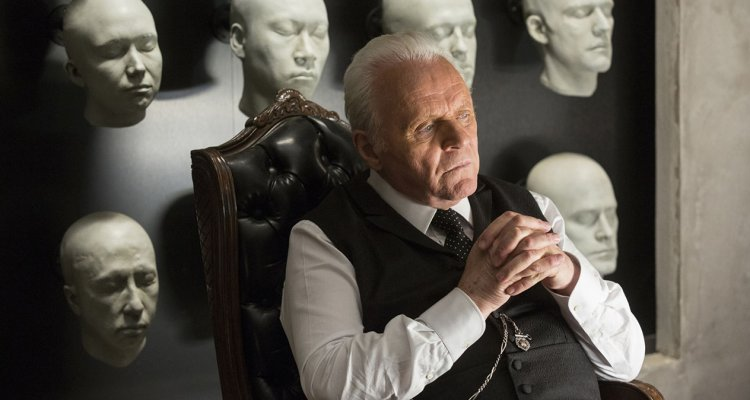
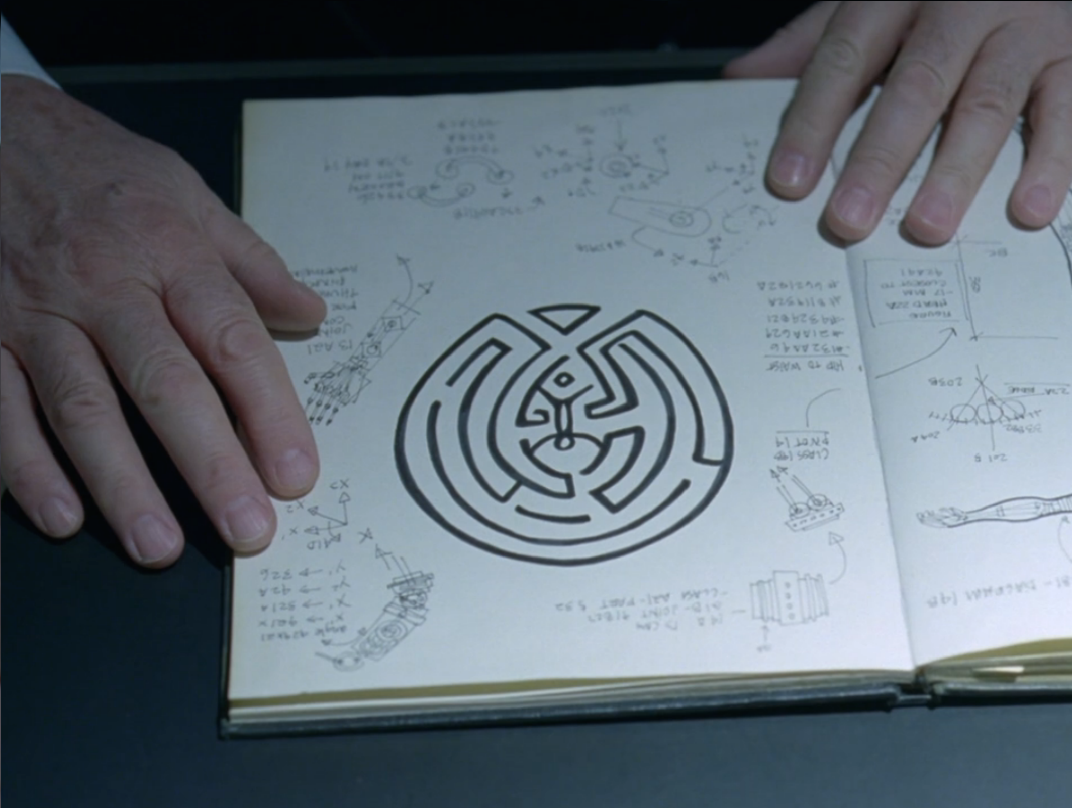
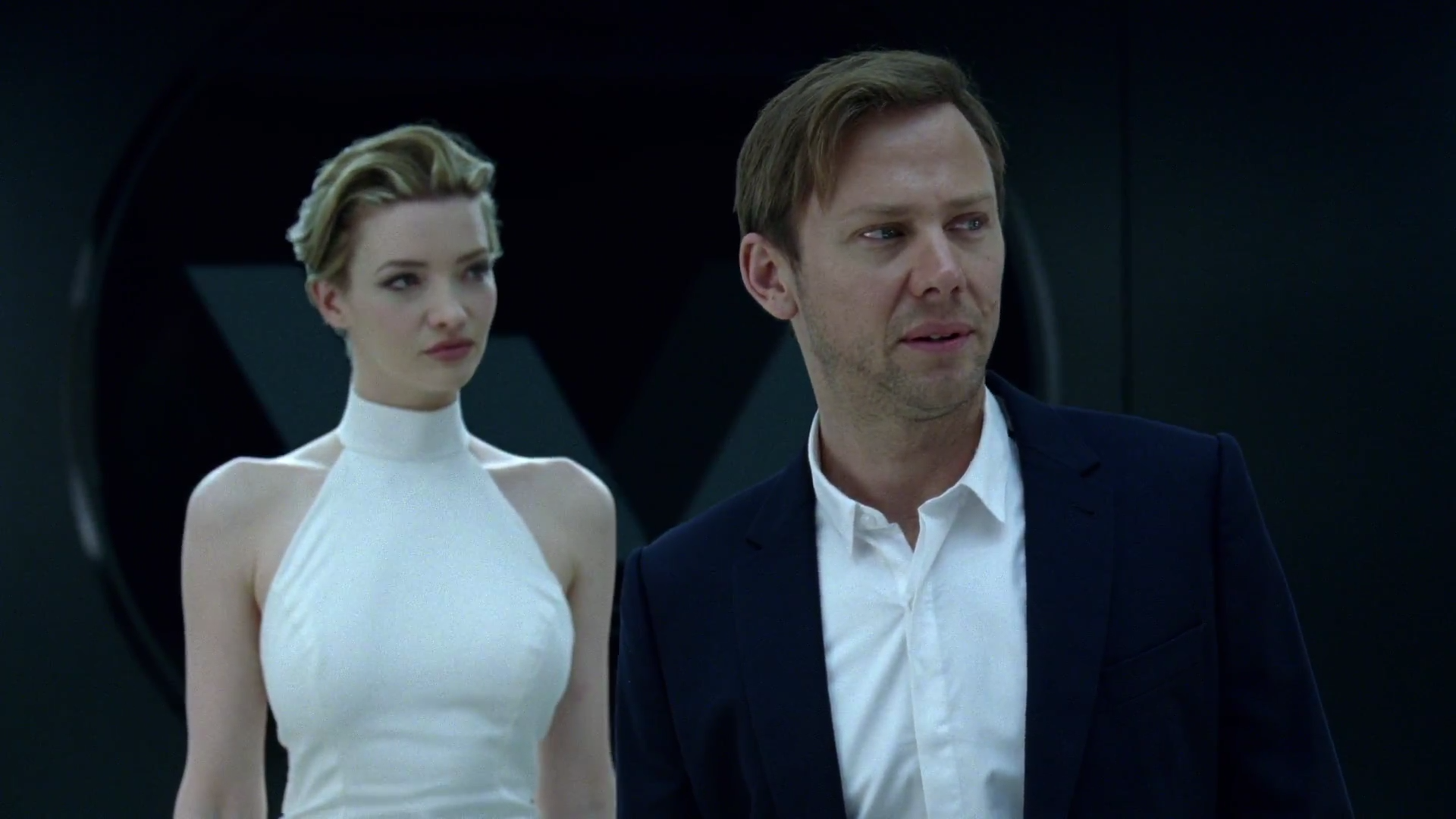
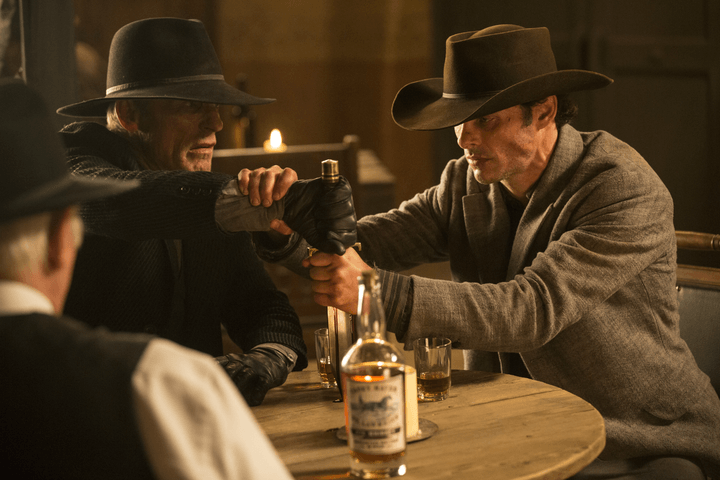
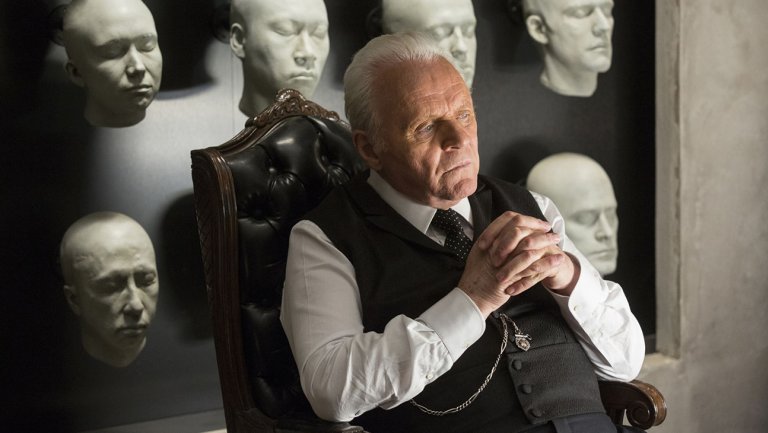
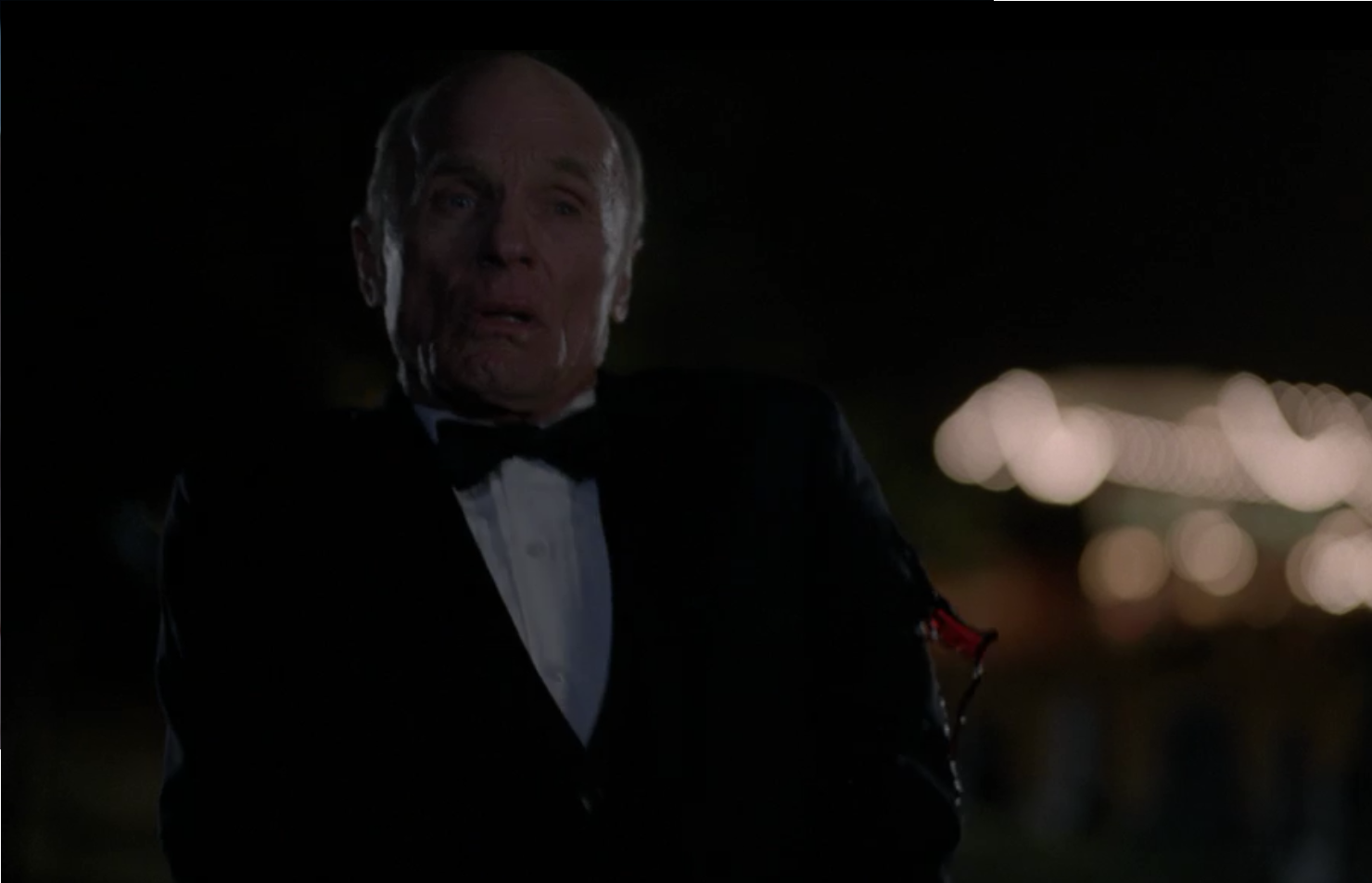
I agree with most of what you have stated here, but there is a distinctive point which should be examined, as well — the originals which the game and the new series are based upon. As with many so-called „re-launches” and follow-up-series or games, I do have some problems with all of those, let’s call them „complete overhauls”, of story elements or the frame as such that diverge greatly from the original West-World/Future-World settings as depicted in the original novels and the movies from the late 1970’s. The Excitement of West-World and Future-World did not (fully) lay in the uncertainty whether it is a real person/animal and thus a staged or an ad-hoc situation, but in its total controlability and safety – the ability to re-live (or pre-live, in the case of Future-World) a setting which might get really dangerous, even deadly, if it were completely real. Start this scenario eg. with people who never ever had anything to to with camping, trekking etc; in a West-World scenario, they wouldn’t be able to survive a day without the modern hi-tech support which is cleverly disguised and hidden in the surroundings of the scenario. In a Future-World scenario, the same applies because of the lack of important „future” knowledge, eg. about space, low gravity etc.
The second aspect of West-World and Future-World, also other than in the new MM-game and series, was Murphy’s Law (what can go wrong, will go wrong, in the worst possible moment and in the worst possible way), coupled with the slow awakening and becoming self-aware of an AI which finally goes mad and homicidal. I think here lies a far greater and unused potential for gaming, as well as for analysis on your side.